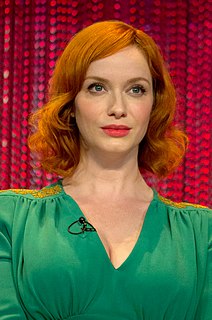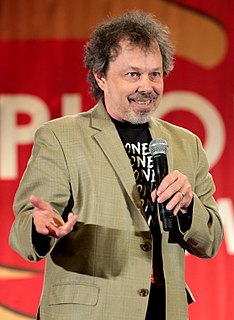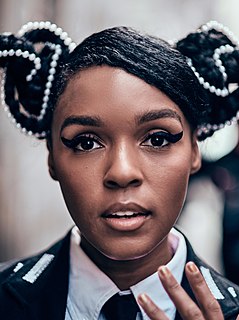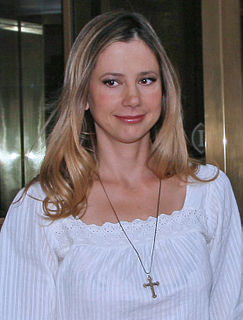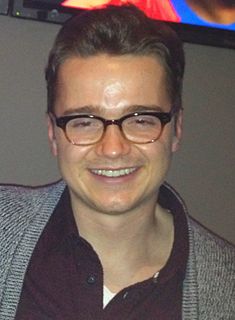A Quote by Christina Hendricks
I often played the nerdy friend or the goofy sidekick or the sort of naïve movie character in some ways.
Related Quotes
I don't know if you hear this often but I would say The Razor's Edge (loosely based on a great W. Somerset Maugham novel). This was Bill Murray's first dramatic role so everyone thought he stunk in this deep character but I thought he and the movie were great. The movie takes place over decades so you see Murray's character go from goofy playboy all the way to wiser, older person. It's basically a movie version of the journey I described.
As an actor I'm part of a long line of character people you can take back to the silent movies. There's always the little guy who's the sidekick to the tall, good-looking guy who gets the girl. People tend to not think of themselves as Tom Cruise or Bruce Willis. The leading man is something that they might like to be, but they aren't. The sidekick is somebody that they feel a little closer to, because the sidekick has the same human failings that they do.
The first thing that happens is the cleansing of the former character. I don't think a lot of actors talk about it, but there is usually a process where you essentially purge yourself of the character played prior to the movie. Then you want to think about what the character represents, and you write down all of the elements about this character and then take the time to find some synchronicity and start breathing the character.
In Crash, you've got a pathological cop who at the end justifies police brutality. He tells the naïve, young cop that you're going to end up the same as him. He's the most sympathetic character in the movie. So, the naïve cop ends up murdering this Black kid and tries to cover up the evidence. It sort of justifies police brutality and the planting of evidence which is what happened in the O.J. Simpson case.
It wasn't like this happy-go-lucky experience, shooting Norman movie. It was something I kind of had to, sort of dedicate a certain level of focus and energy to kind of just stay in this headspace that would allow me to access - because it's also a very emotional movie at times. This was the first time I ever played a real character, a fully fleshed out, dimensionalized, multi-faceted character, as opposed to a part. There's not very much opportunity for somebody of my age and my look, so for a character-driven piece like this to come along is a rare thing.
When you are writing, you have to love all your characters. If you're writing something from a minor character's point of view, you really need to stop and say the purpose of this character isn't to be somebody's sidekick or to come in and put the horse in the stable. The purpose of this character is you're getting a little window into that character's life and that character's day. You have to write them as if they're not a minor character, because they do have their own things going on.
